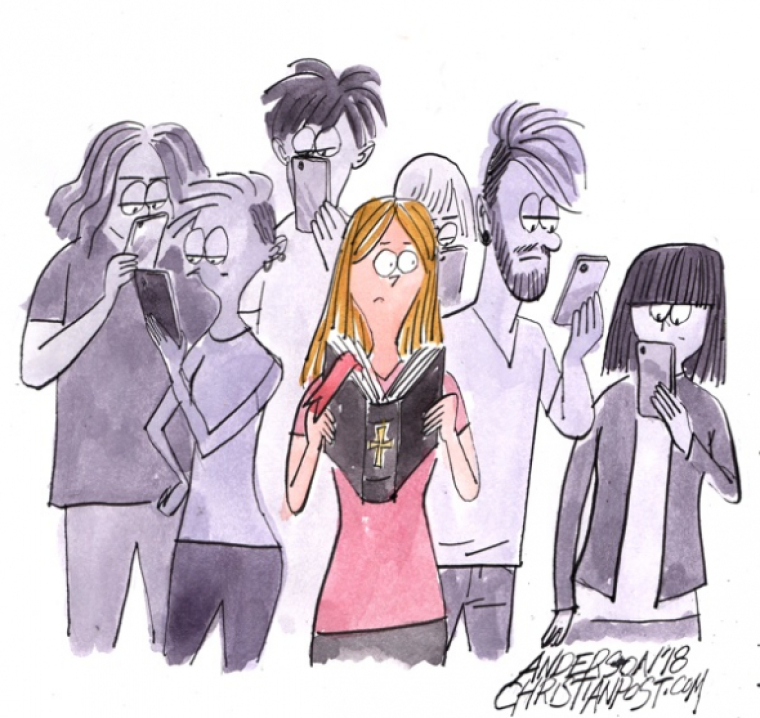Generation Z, Social Justice, and the Gospel

Many members of Generation Z are choosing justice over the gospel, but they don't have to. They can choose both.
Generation Z—roughly those young people born between the mid-1990s and mid-2000s—is known for a lot of things: its technological savvy, its commitment to social justice, its loneliness, its online connectedness, and its seemingly endless quest for "authenticity." One thing it's not as known for is a commitment to gospel proclamation and traditional evangelical doctrines.
Writing about these "young evangelicals who have 'expanded their mission' to include social justice along with evangelism," pastor and author Tim Keller says, "Many of them have not only turned away from older forms of ministry, but also from traditional evangelical doctrines of Jesus's substitutionary atonement and of justification by faith alone, which are seen as too 'individualistic.'"
And for all the good they're doing—and they are—Generation Z Christians have become unbalanced. That's not old fogeys like me or Tim Keller talking; it's coming from one of their own: Jaquelle Crowe, the author of "This Changes Everything: How the Gospel Transforms the Teen Years."
Writing for The Gospel Coalition, Crowe says, "The fundamental problem is that we've created a false dichotomy. When you pit justice and gospel against each other, you miss the point of the Bible and devalue God's heart for both. Justice fits squarely in the framework of biblical Christianity. It flows fiercely out of the gospel as a practical implication of loving God."
Now, that's a common theme of the Colson Center. John Stonestreet, my colleague here, has talked a lot about truth and love not being in opposition. And he's exactly right. As the letter of James reminds us, what good is it to say, "Stay warm," without giving someone a blanket? That is how we can begin bringing balance back to the gospel.
Pointing to the shining examples of William Wilberforce, Hannah More, and Dietrich Bonhoeffer, Crowe says we need a biblical balance not of justice or the gospel, but of justice and the gospel. But Crowe goes a step farther. She says we need to make the gospel our priority, because only a right understanding of the human predicament before heaven will power our passion for justice on earth.
"If we want to live out justice the way God commands and celebrates," Crowe says, "we must prioritize the gospel. If we truly want to see human flourishing and reduce global suffering, we need to deal with the biggest problem humanity faces: sin and death." She's right, and because you've heard plenty from me about Bonhoeffer and Wilberforce, let me point out another example.
Read more about Generation Z, Social Justice, and the Gospel on The Christian Post.